No. 026 - Bright Blue’s “Weeping” changed my life
Struggle and healing in post-apartheid South Africa, and the song that brought Khanyi Mlaba’s sense of purpose to life
🌸 A Grace favorite
This Song Changed My Life is an independent music publication featuring essays from people all around the world about the songs that mean the most to them. Created by Grace Lilly, supported by readers.
• 5 min read •
I should find it serious that I was named after the freedom that South Africa fought for.
Don’t get me wrong, it is serious. In fact, a lot of young Black people born in 1994 in South Africa have names that remind them that they are a product of a revolution.
However, it makes me chuckle a little bit. I imagine all of our parents sitting around kitchen tables at the end of their work (or protest) days while rumors of Nelson Mandela’s release were all the buzz on the anti-apartheid streets. Our mothers would be munching on Marie biscuit cookies and sipping on Joko tea while running through all of the synonyms for “Freedom” and “Human Rights” they could think of, preparing to name the generation they would soon birth.
For me, now living this name, it’s a little unserious because we didn’t need our names to remind us about the impact of apartheid — we are still healing from it 30 years on. The wounds remain wide open.
Growing up, this is knowledge I did not have. I had no idea that I was born into one of the most unequal societies in the world. I was just a trouble-making kid who was content with causing chaos in my bottle-green uniform, at a school that just two decades prior had not accepted a single Black person to learn there.
In high school I was chronically in detention. The reasons given by the mostly-white teachers and staff who sent me there were that I was too loud or disruptive in class. They were right. I regret none of this.
Rules and regulations made 14-year-old me itchy and agitated, like wearing a brand new pair of underwear at a very fancy dinner but forgetting to take the tag off.
See, I liked school, but I didn’t like the way school was run. This was largely because the school’s rules were designed to shut out everyone but the white Anglican middle-to-upper-class young women who could afford to attend that school with ease — not that I had the language to describe this discomfort back then.
They were designed to make us conform to a whiteness we’d never achieve, and nobody on the staff questioned it. So when it came to teaching the young minds of children born in 1994 with names like Nonkululeko (Freedom), Nomandla (Strength) and Nomalungelo (Rights), their only way to ensure that their white-washed world never changed, even though South Africa had, was to pull out the detention card every 10 seconds.
It only dawned on me in Grade 10 that it wasn’t the rules of the school that I hated, but rather the systemic injustices weaved into them that unsettled me. The reason it dawned on me then is because that was the year I joined the school choir and was allowed to use my voice to sing stories we barely learned in class.
Something interesting happened upon joining — my loudness, which was only ever good for securing a front-row seat in detention, was celebrated. More than that, it was used to bring harmony to a group of around 50 girls. So much so that I became the choir’s conductor just two months after joining and led songs that illustrated South Africa’s past.
I’ve never been one to keep a story short, so I must apologize that you’ve had to sit through an unprovoked lesson about the state of post-apartheid South Africa to get here — but here it is: the song that changed my life is “Weeping” by a South African band named Bright Blue.
Released in 1988, two years before Mandela was released from prison, “Weeping” is about the end of apartheid. It outlines the reality of the deep healing that needed to take place despite freedom approaching on the horizon.
I led the school choir as they sang this song in 2011, and the memory coincidentally brings tears to my eyes. Standing in front of a school that remained mostly white, back turned to teachers who’d decided that I was a hopeless troublemaker, hands raised to guide harmonies to a song that described a pain so deep, it could make a roaring lion cry — the seriousness of who I am in the world came alive to me then.
One of the ways that Black people protested in the apartheid era was through singing struggle songs. These were songs that told stories of hurt and injustice, and called for the pain to end. A lot of them started as hymns, and because of this there are delicate yet powerful harmonies that define them.
“Weeping” doesn’t quite fall into this category. It was released as the struggle was ending, but it draws from it, and you can feel that. The arrangement also stunningly incorporates the hymn that South Africa’s national anthem is based on, making the song rich with history and emotion.
I love that harmonies define struggle songs, because harmony itself is what we continue to strive for in this country. It’s something we can achieve with our voices when we’re crying for change, yet it remains but a dream to us to this day.
Conducting that song and bringing the school together to sing it was a turning point that defined who I would become.
I would live up to my unserious second name, “Nonkululeko” or “Freedom,” and become a person who conducted the voices of a free and healing nation in my high school years.
Later, I would come to amplify the voices of those who are still fighting to be freed. ◆
About Khanyi
Khanyi Mlaba is a journalist and content manager who prioritises shining a spotlight on underreported stories. She started out as an editor in South Africa's magazine industry, and has grown to become a human rights-focused journalist and editor who has been published across a handful of local and international publications. Her work in this field has led her to become one of Mail & Guardian's Top 200 Young South Africans and to be published in the Columbia University Journal of International Affairs. She's also the proud creator of Global Citizen's Emerging Creatives Program, funded by the Ford Foundation, which provides a platform and i ncome for young creatives in the Global South who are using their art to create change in their communities.
Instagram @khanyilite
Twitter @khanyilite
⭐ Recommended by
Deirdre Hynes (No. 010)
Every TSCML writer is asked to recommend a future contributor, creating a never-ending, underlying web of interconnectivity 🕸️
It felt like a party
Whenever my mom and I listened to ABBA Gold, we had a good time. It was a greatest hits 2-disc album that we kept in the car for 10+ years of my childhood.
What added to its value in my mind was that the CDs themselves were shimmery and golden, so my child brain thought they were maybe made of… gold?
Since there were two of them…
Music lover? Subscribe!
Real people, real stories
Join our community of music lovers (for free) and brighten up your week.
“I love getting those emails! My inbox is so bleak it brings so much joy!” - Olivia
“We need more things like this in the world!” - Paul
“Such a great idea, and so much better than just a song rec.” - Madeline
In an increasingly lonely world, TSCML exists as an antidote to the sterility of the algorithm. Here you’ll find ultra-personal stories from real people all over the globe, gathered intentionally to make you feel more connected to others through music ❤️
If you like this
Please consider upgrading your free subscription to paid to support my work and get exclusive content 😊
“This post was worth a paid sub alone.”
Paid subscribers get a secret post every month. I open up, get personal, and share extra special music — and you help keep TSCML going.
What people are saying
〰️ “This is my favorite post yet.”
〰️ “I so love when you introduce new things to me.”
〰️ “Great great playlist. Honestly you have the best taste.”
Learn more about me and my other projects: check out my personal newsletter, Weirdly Good <3
What song changed your life?
You, yes you! If you’d like to participate in This Song Changed My Life, just fill out this simple form for consideration. I’m always looking to hear people’s stories.
Explore
The voice that was the soundtrack to my family's time together — A Bite of Patsy Cline 🍪




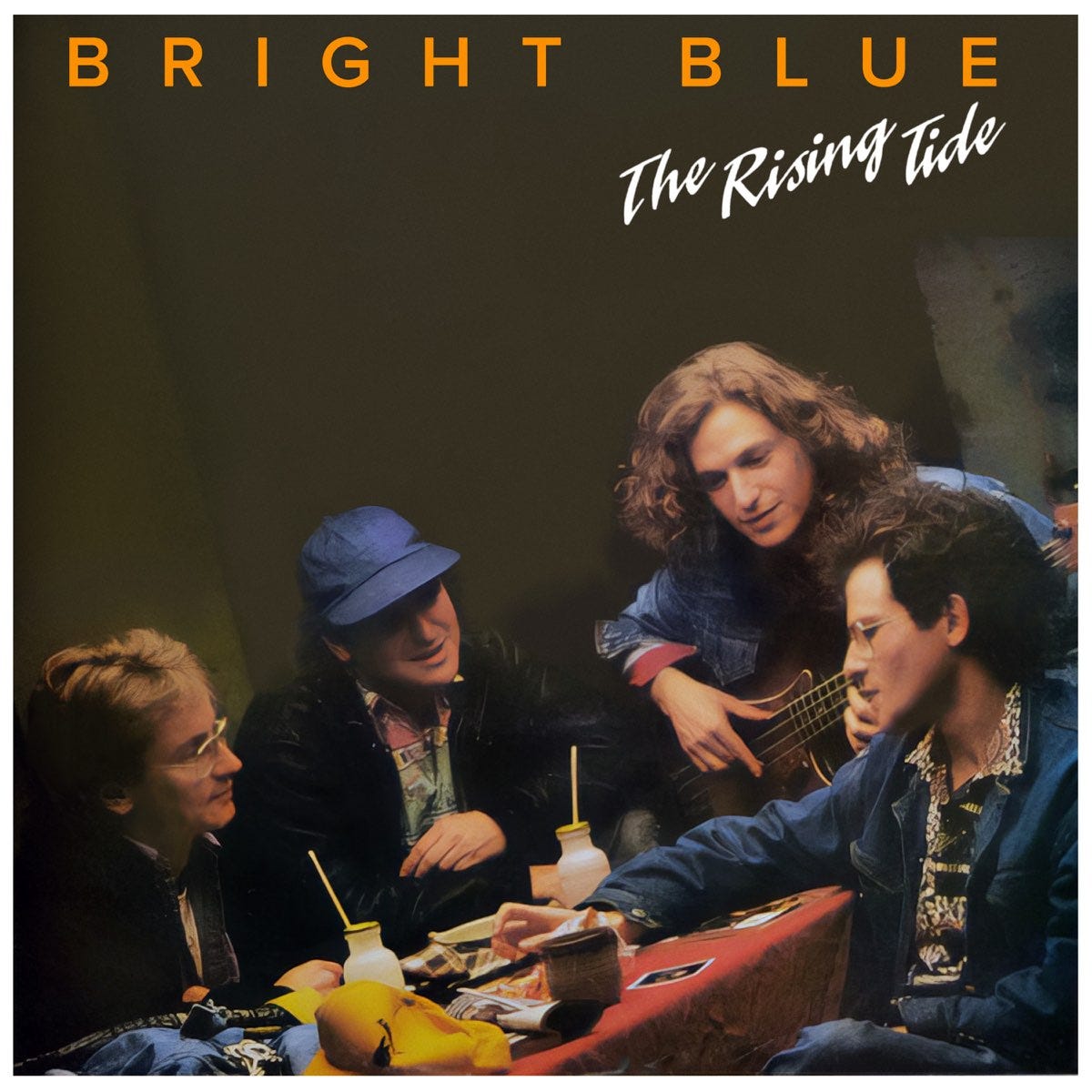

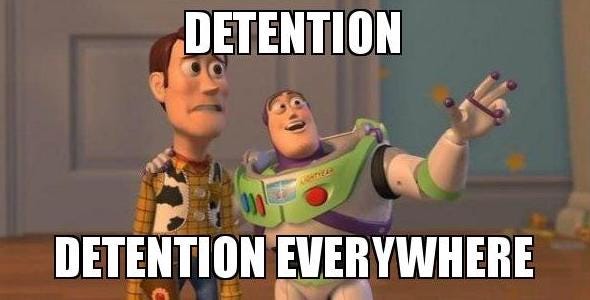
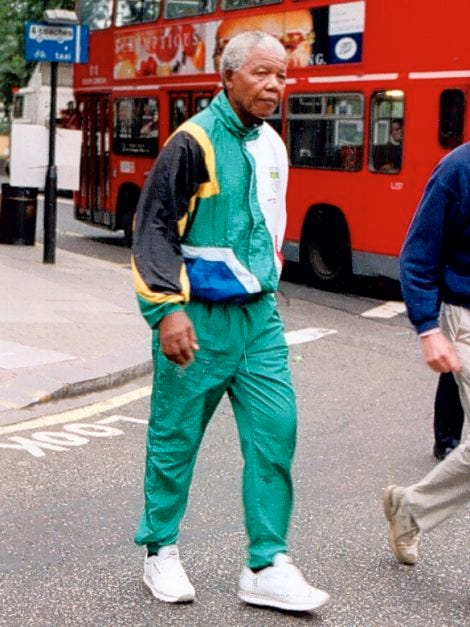
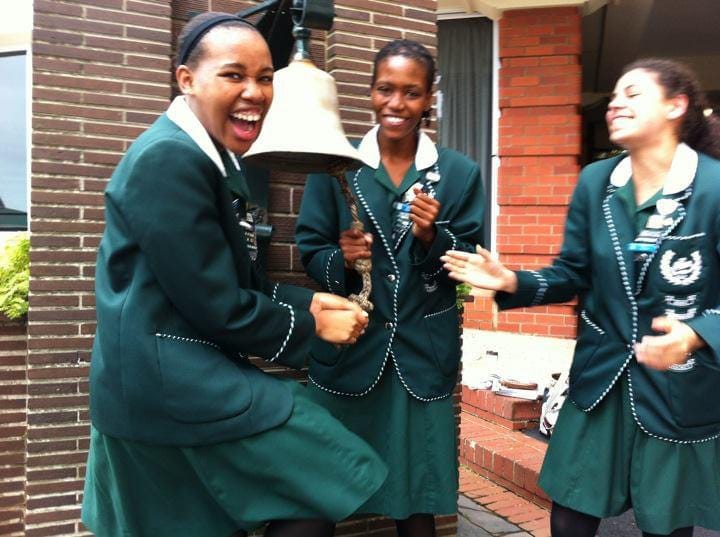
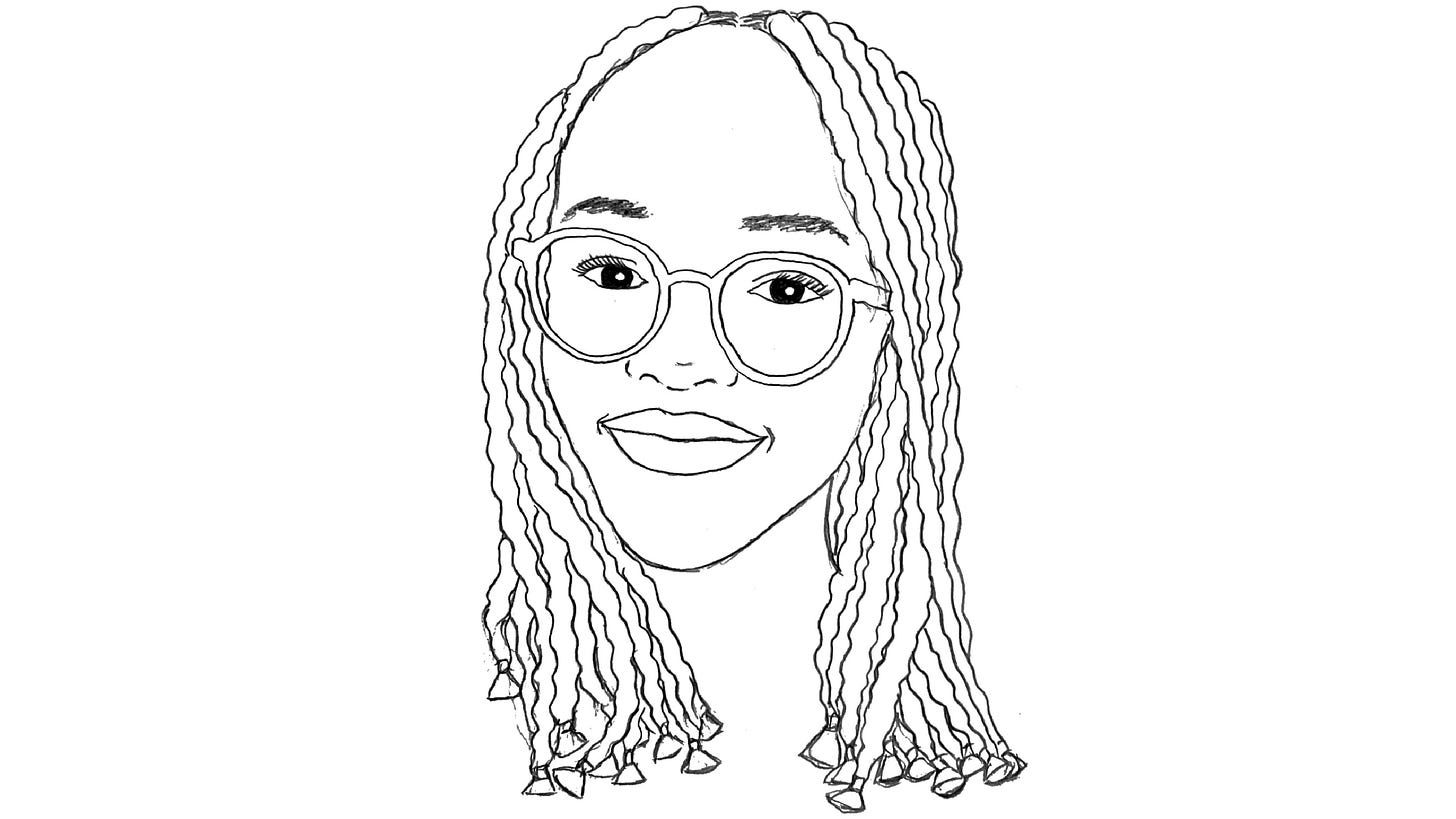



I think this is the first song posted in this series that I was completely unfamiliar with, and yet this entry may be my favorite yet. This post's very existence is a testament to courage and resilience. Amazing. Thank you